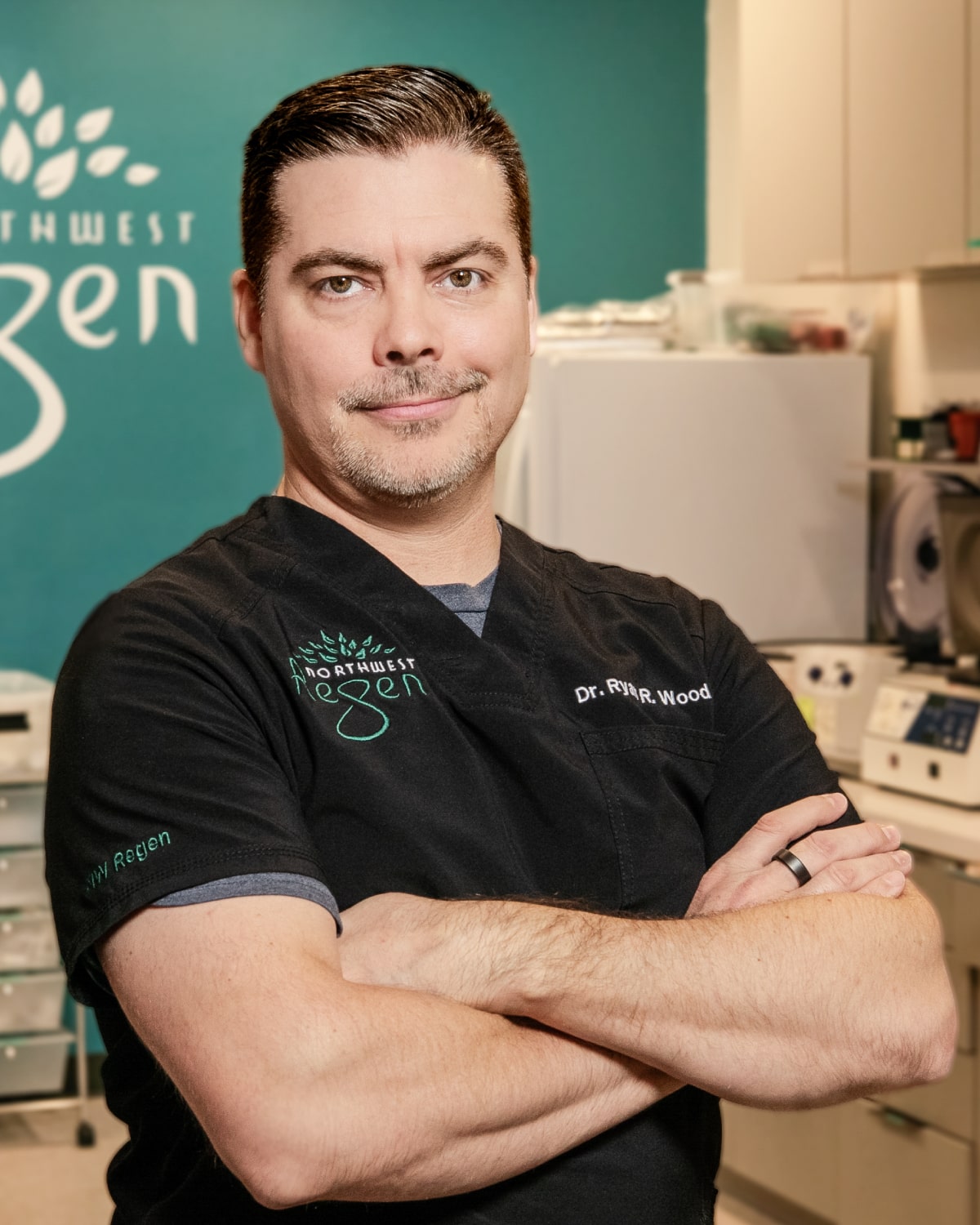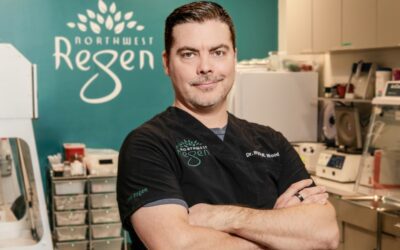Platelet Rich Plasma (PRP) therapy for joints
As people everywhere strive for better overall health to improve the quality of their lives, more of them are exploring the viability of using natural, non-surgical approaches to heal, repair, and treat injuries and debilitating conditions. One of these approaches, Platelet Rich Plasma (PRP) therapy, has been proven particularly effective in study after study. By using the body’s own natural healing processes to repair damaged tissues, this treatment can alleviate symptoms by addressing the root cause.
PRP is an advanced form of non-surgical, regenerative joint injection therapy, using the growth factors and proteins found in the platelets of blood. Through PRP, inflammation is regulated, a new blood supply is promoted, new cellular growth is induced, and local stem cells are signaled to repair damaged tissues, ligaments, tendons, and joints. This alternative, non-surgical option provides an effective treatment option for those dealing with chronic and/or severe pain. Simply, it is for those searching for a solution that doesn’t involve invasive surgeries and long months of recovery and rehabilitation.
At NW Regen, our patients are always asking us more about PRP and specifically, which joints respond most effectively to it.
Here are the five joints (and related conditions) where patients tend to see the best results from PRP Therapy
Knees
The knees are the joints most commonly treated with PRP. PRP has been found to be extremely effective with osteoarthritis, as well as meniscus tears and ACL injuries. With all three, there is severe pain at the knee, either through cartilage deterioration (with osteoarthritis) or with acute injuries from a tear in the meniscus (the cartilage between the shinbone and thigh bone), or a partial or complete tear of the ACL, when many people will feel a “popping” sensation. With all three conditions, swelling or stiffness make it difficult to straighten the knee fully or put any weight on it.
Shoulders
Problems with the shoulder joint stemming from osteoarthritis or injury, such as a torn rotator cuff, can cause intense pain and even immobility in some cases. With osteoarthritis, the cartilage in the shoulder deteriorates over time and results in inflammation. A torn rotator cuff is particularly common with athletes from misuse or overuse, resulting in dull aches deep in the shoulder.
Ankles
The most common conditions affecting the ankles include tears to the tendons, plantar fasciitis, and ankle sprains. Tendon tears, most commonly in the Achilles, generally result from overuse, causing inflammation that leads to intense pain. With plantar fasciitis, the fascia (tissue on the bottom of the foot) starts to break down from repetitive strain, causing inflammation that leads to severe stabbing pain in the heel of the foot. And most of us have experienced a sprained ankle at some point in time when our ankle rolled or twisted, overstretching the main ligaments around the ankle, and causing pain, swelling, tenderness.
Elbows
Tennis elbow is one of the most common conditions affecting the elbow. Pain is typically felt on the outside of the elbow when overworked tendons that connect the forearm muscles to the outside of elbow get inflamed. This condition often occurs from overuse with any activity that requires repetitive swinging such as tennis (hence its name).
Hips
Just like in other joints, the hips are highly vulnerable to osteoarthritis, especially for those with a more sedentary lifestyle. Inflammation in the hips can cause extreme pain when walking or getting up from, or down into, a seated position.
For many of these conditions, and particularly the injury-related ones, surgery is often the default solution offered by physicians. But it doesn’t have to be. PRP can be an effective and much faster alternative. While each of these joints and conditions are different, the effects of PRP are the same. It can reduce swelling, lubricate the joints, and help to regenerate tissue, all of which alleviate pain at the source, rather than masking the resulting symptoms. PRP simply helps people heal faster and gets them up and moving much quicker than with any other solution.
NW Regen: A leader in PRP therapy in the Portland community
At Northwest Regen, we are one of the leading experts in PRP therapy in the Portland community. Our goal is always to achieve the highest quality treatment, with the least amount of discomfort, and the best possible outcome.
Having the ability to effectively perform natural, non-surgical treatments such as PRP is a significant part of our tailored approach.

Dr. Ryan Wood is a licensed Naturopathic and Chiropractic physician focusing on interventional orthopedic and orthobiologic medicine and injection therapies as well as general musculoskeletal and non-surgical orthopedic medicine.
With almost two decades of orthopedic practice across multiple disciplines, he has the necessary experience to ensure proper diagnoses and management of complex cases.


